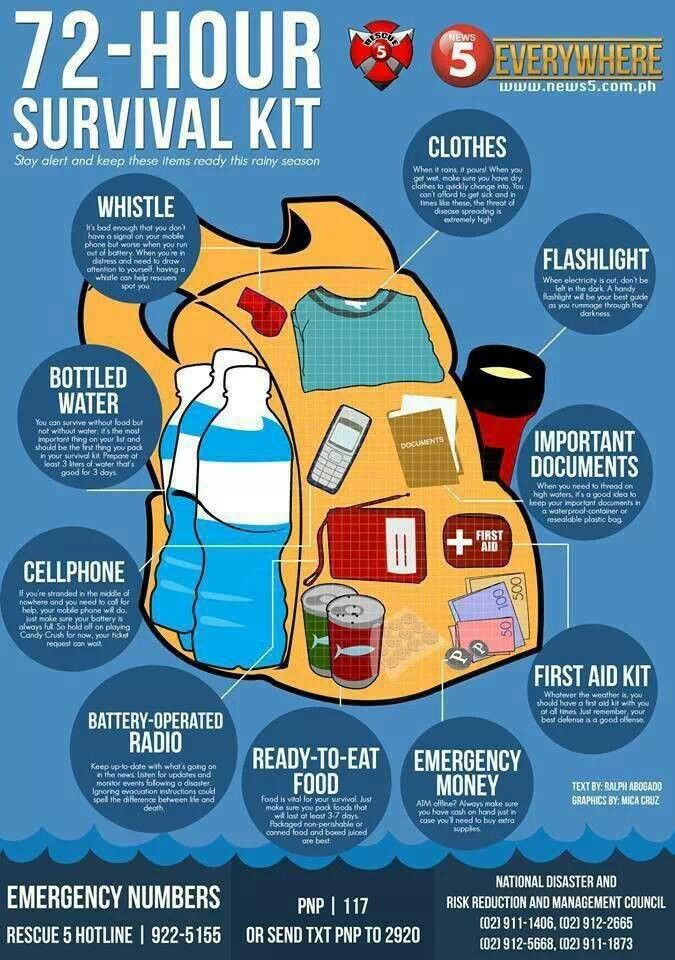1. Acquire Knowledge and Skills:

- Learn wilderness survival techniques: navigation, shelter-building, fire-making, and finding food and water.
- Study first aid and wilderness medicine to care for injuries or illnesses.
- Gain proficiency in hunting, fishing, and foraging skills to acquire food sources.
2. Develop Physical and Mental Fitness:

- Train your body for endurance, strength, and agility to navigate difficult terrain and carry gear.
- Practice mindfulness and stress management techniques to stay calm and focused in challenging situations.
- Build resilience and adaptability to endure hardships and overcome obstacles.
3. Gather Supplies and Equipment:

- Create a survival kit with essential items such as a knife, fire starter, first aid supplies, navigation tools, and shelter-building materials.
- Pack clothing and gear suited to various weather conditions and terrains.
- Carry sufficient food and water to sustain yourself for an extended period.
4. Plan and Practice:
- Develop detailed survival plans for different scenarios, taking into account your geographic location, climate, and potential hazards.
- Regularly practice your skills and test your equipment to ensure proficiency.
- Join survivalist groups or participate in outdoor survival courses to learn from experts and practice techniques.
5. Develop Awareness and Preparedness:
- Stay informed about local weather conditions, natural hazards, and potential emergencies.
- Establish communication channels to stay connected with others in case of a crisis.
- Create a network of trusted contacts who can provide assistance in an emergency.
6. Embrace Self-Sufficiency:
- Learn basic gardening, farming, and animal husbandry skills to produce your own food sources.
- Practice sustainable living techniques to reduce your reliance on external resources.
- Develop a self-sufficient mindset and become less dependent on modern conveniences.
7. Stay Informed and Adaptable:
- Keep updated with survival news, techniques, and technologies.
- Continuously refine your skills and knowledge based on new information and experiences.
- Maintain a flexible and adaptable approach to survival, as conditions and circumstances can change rapidly.










